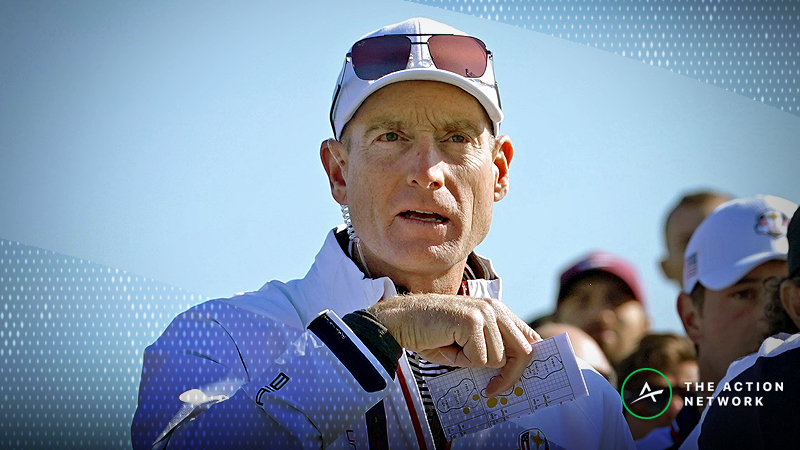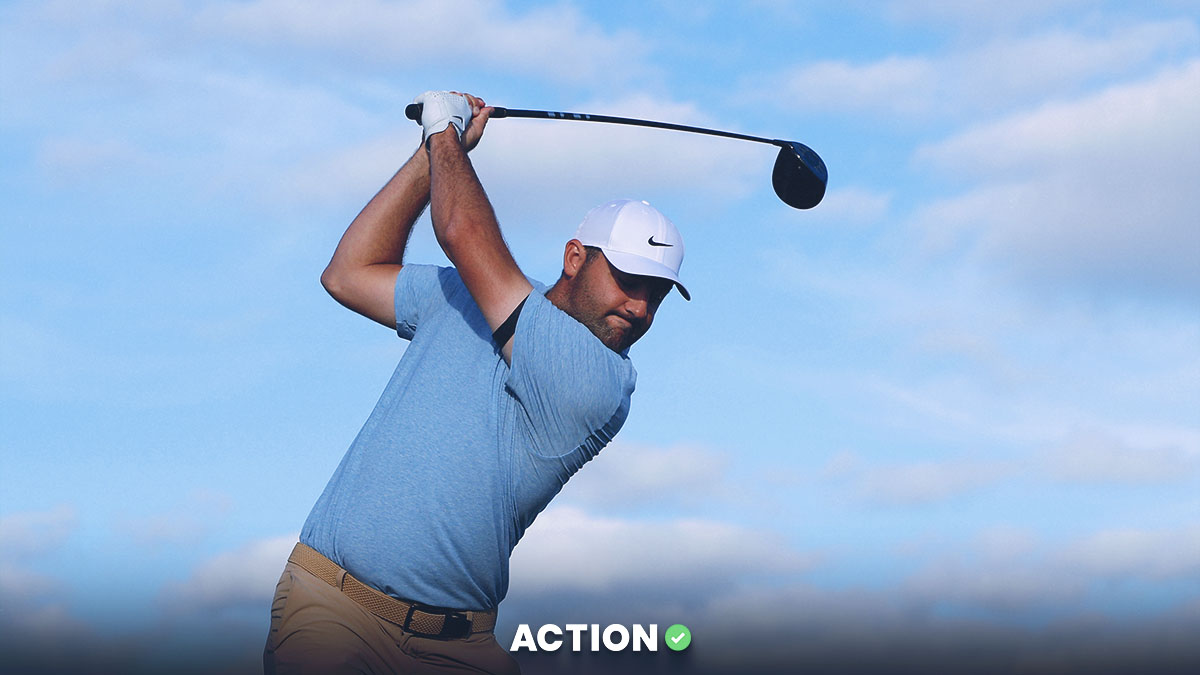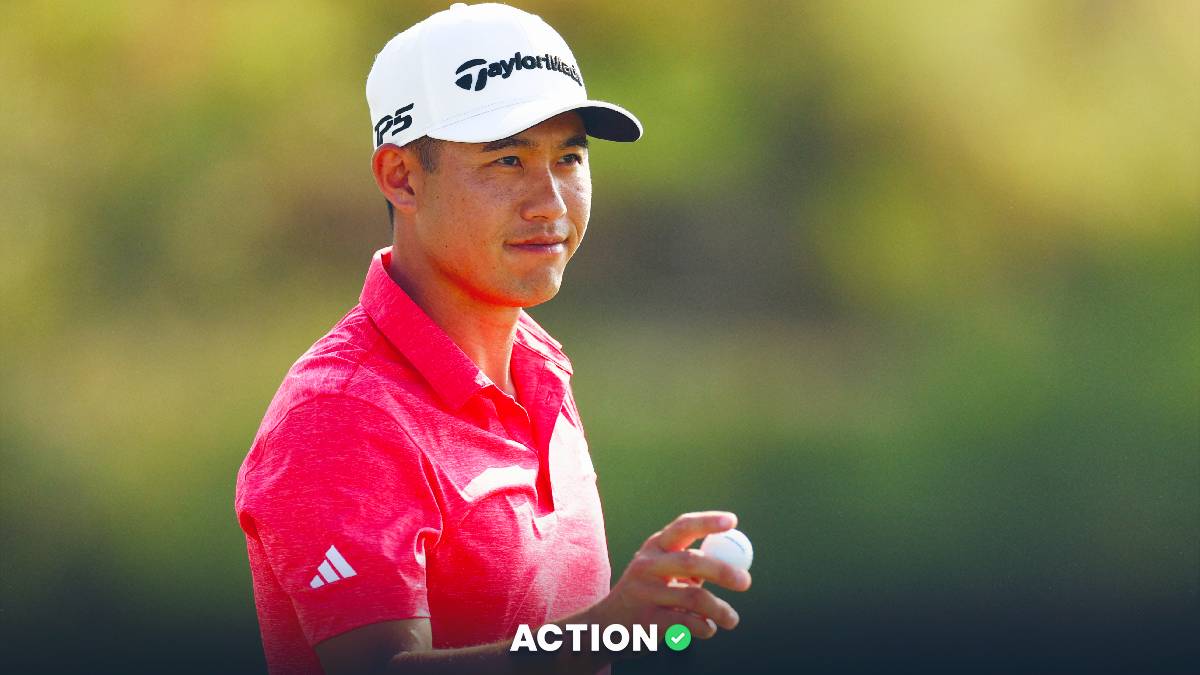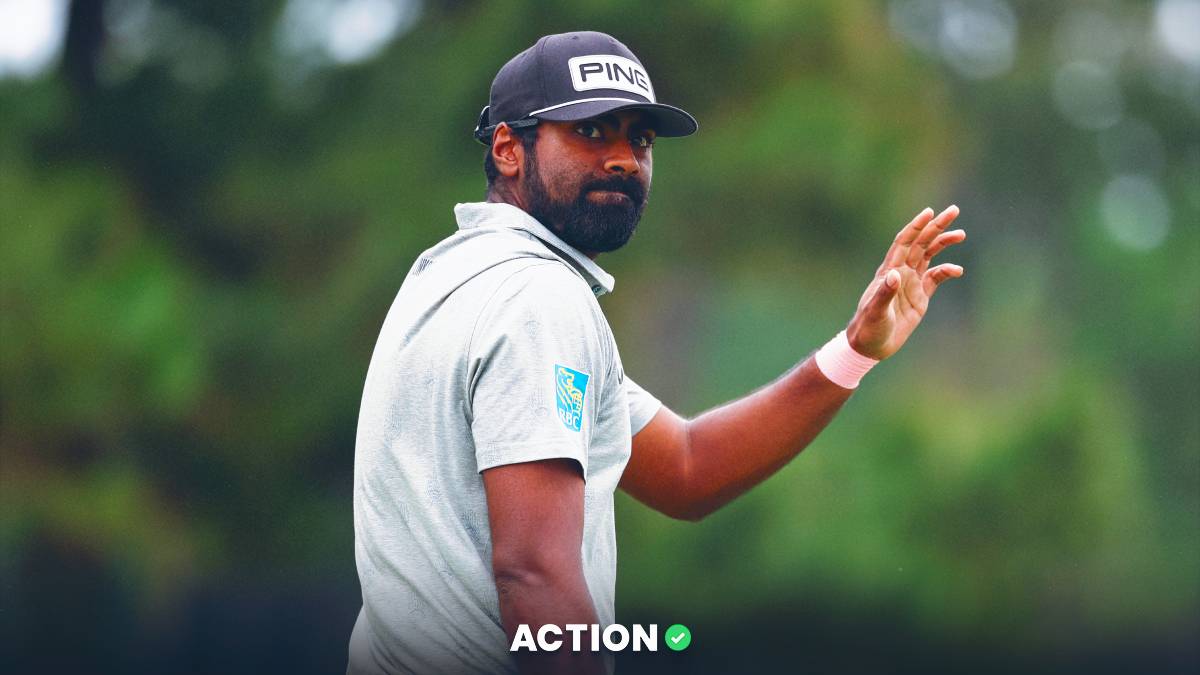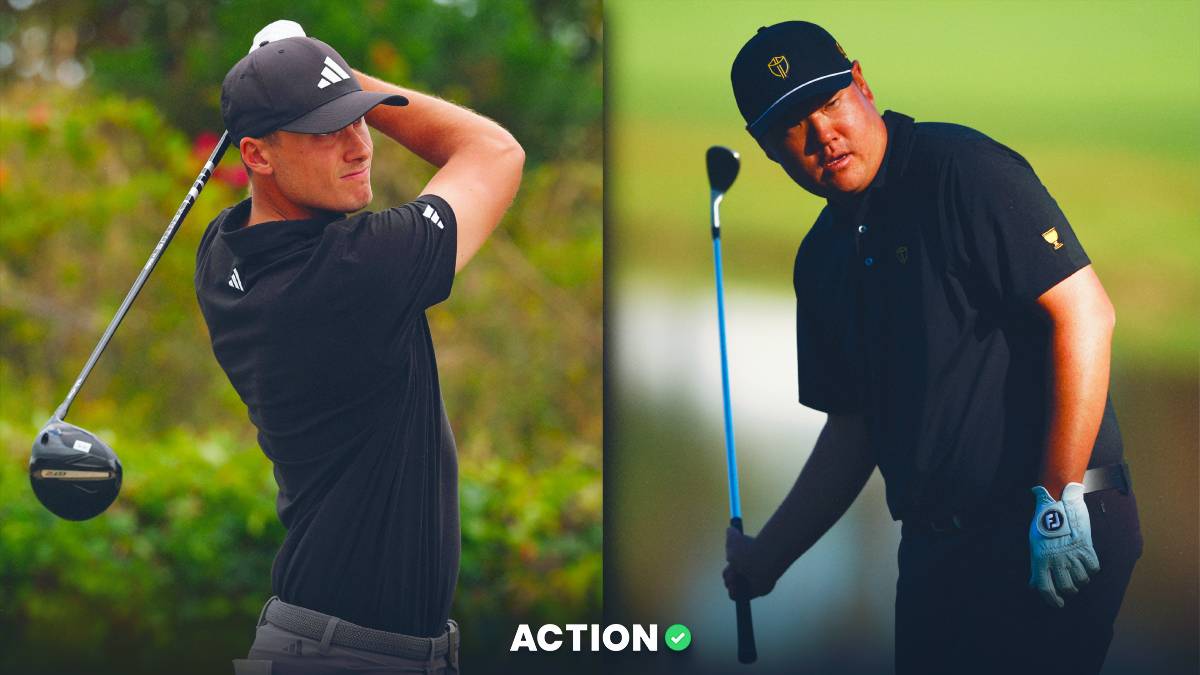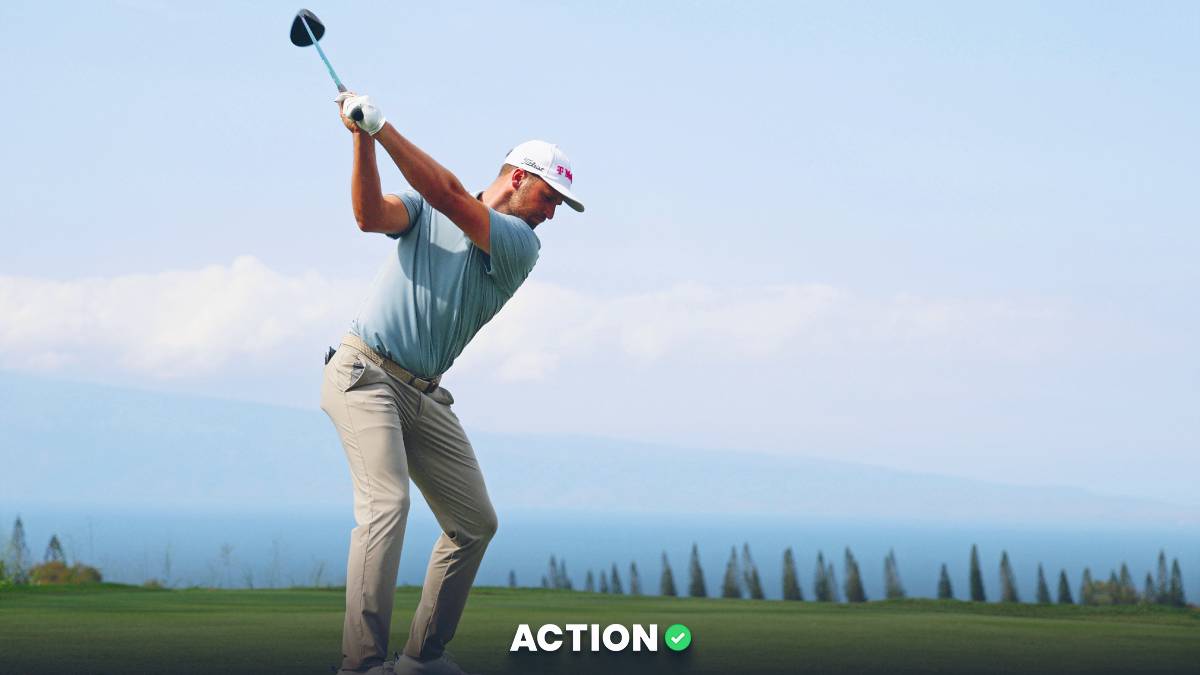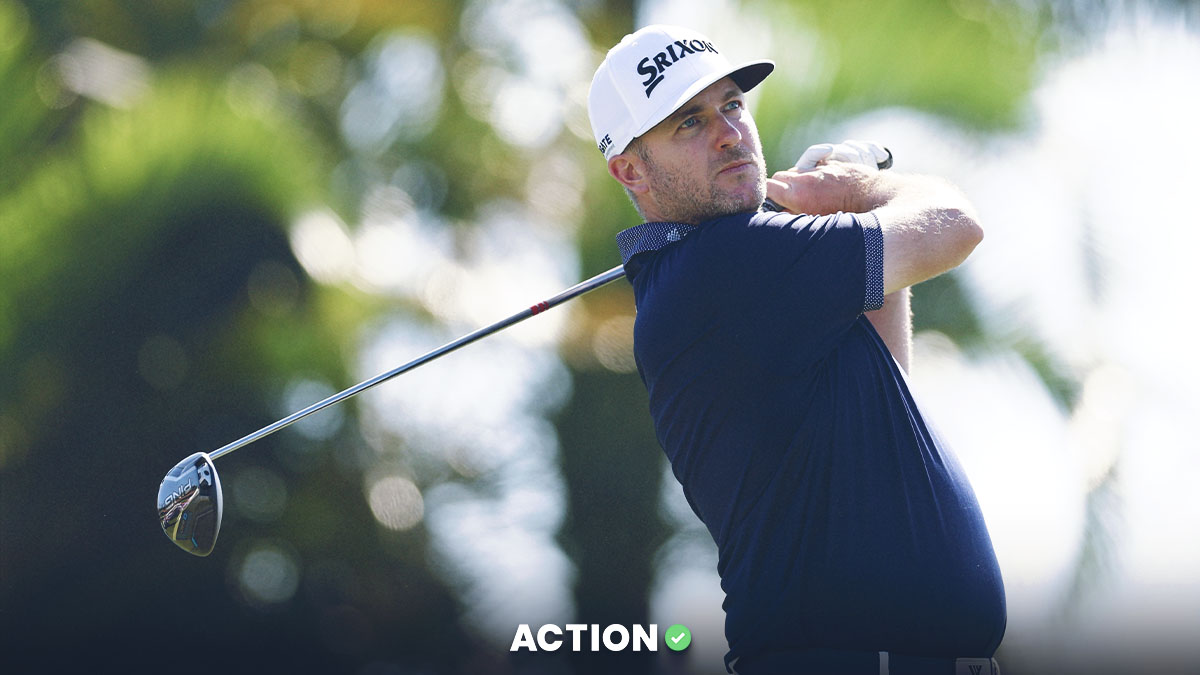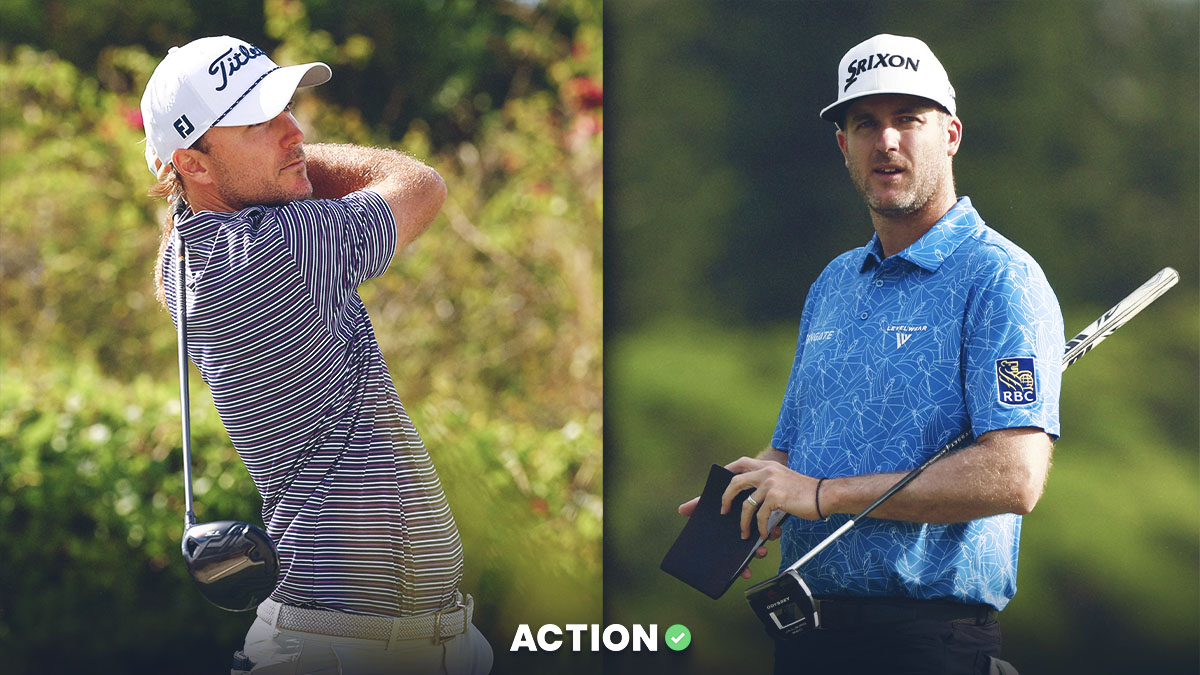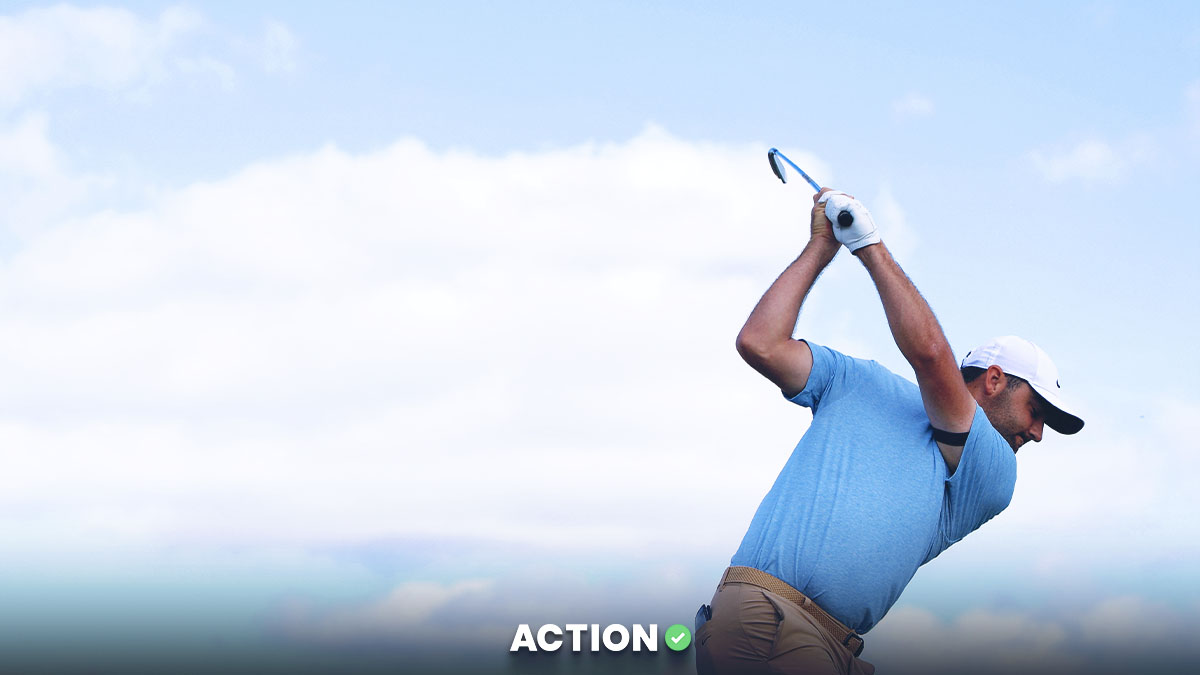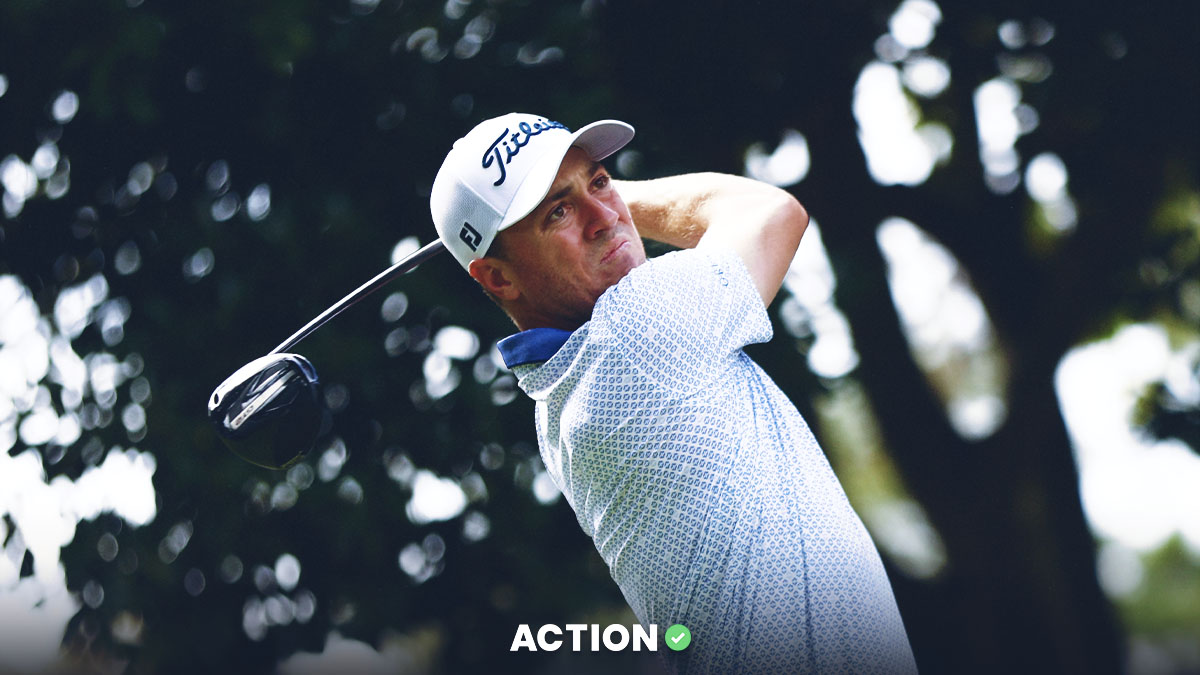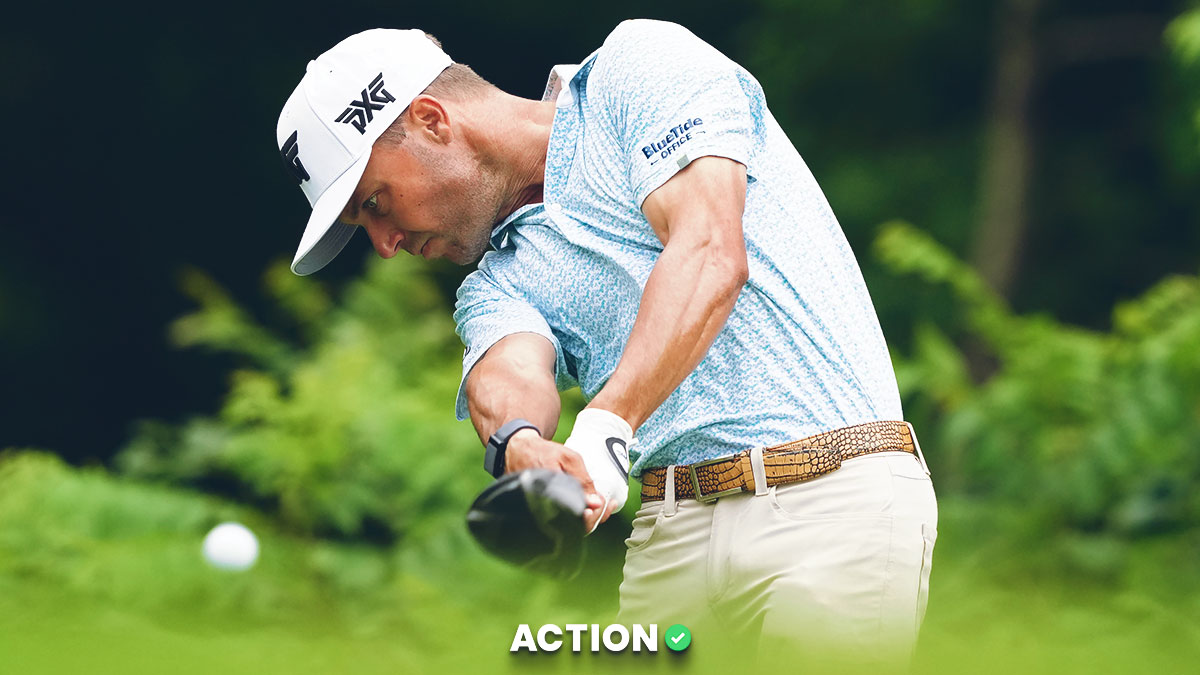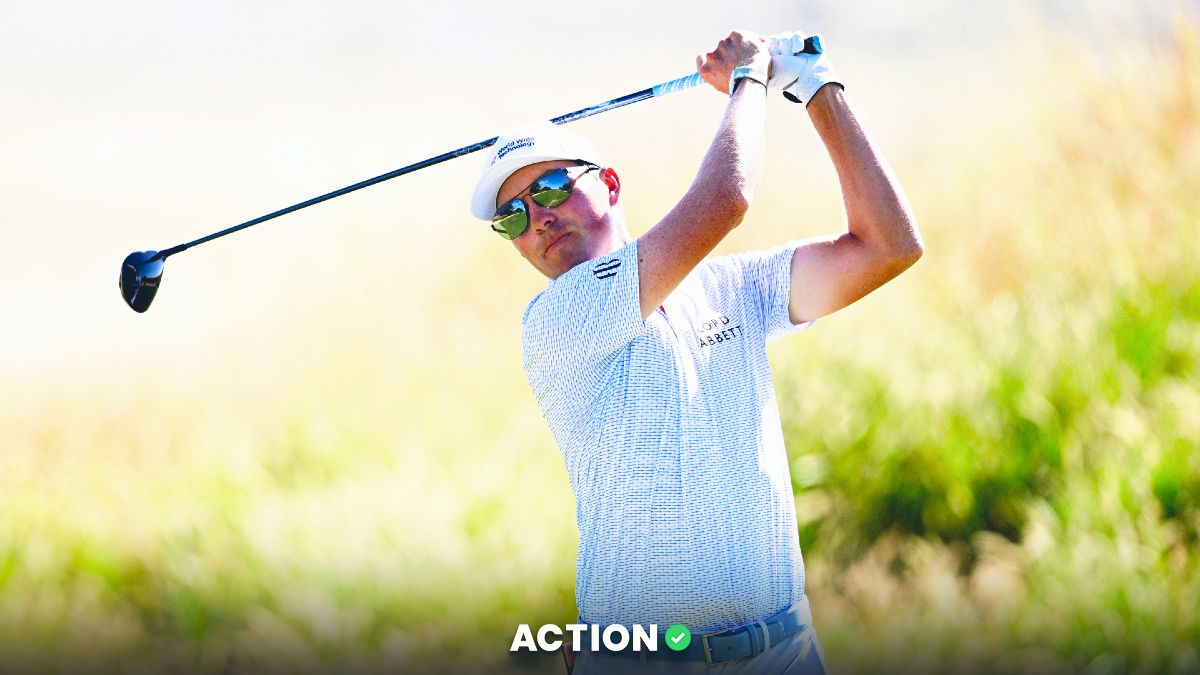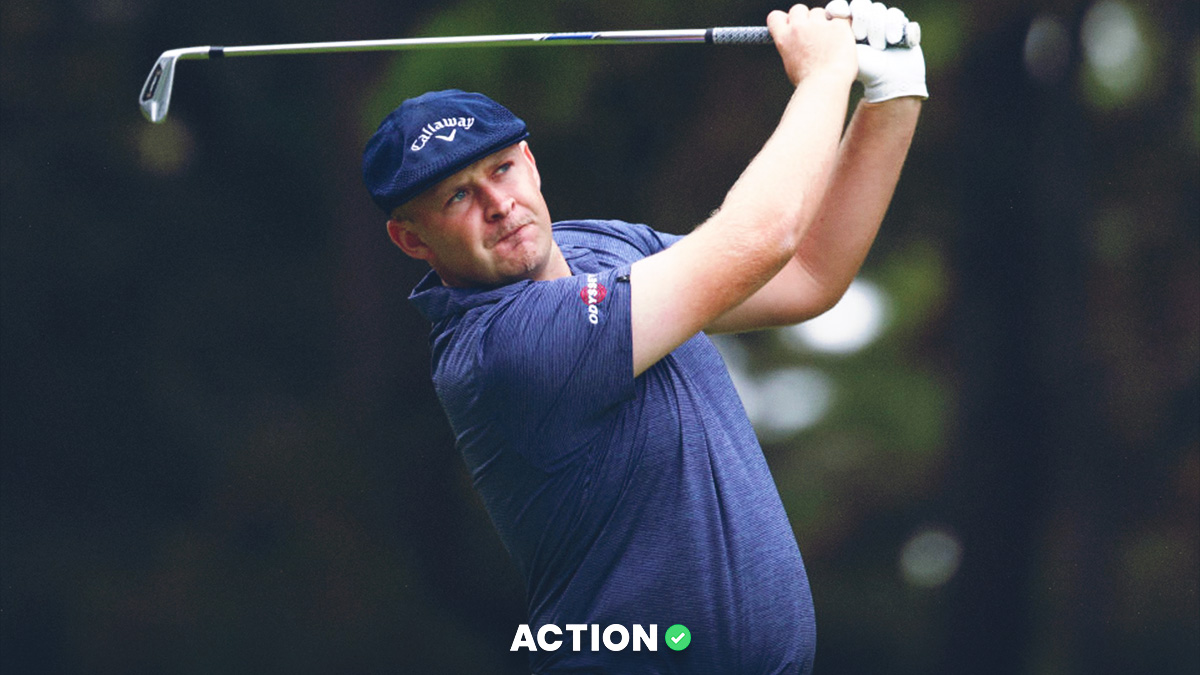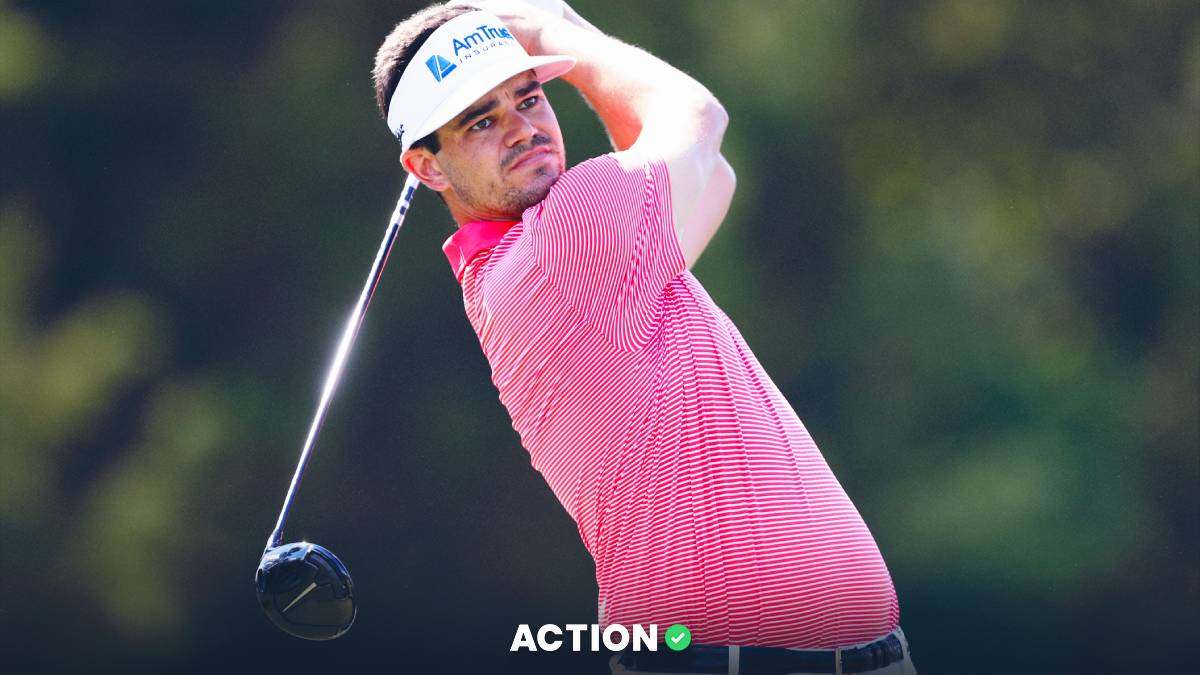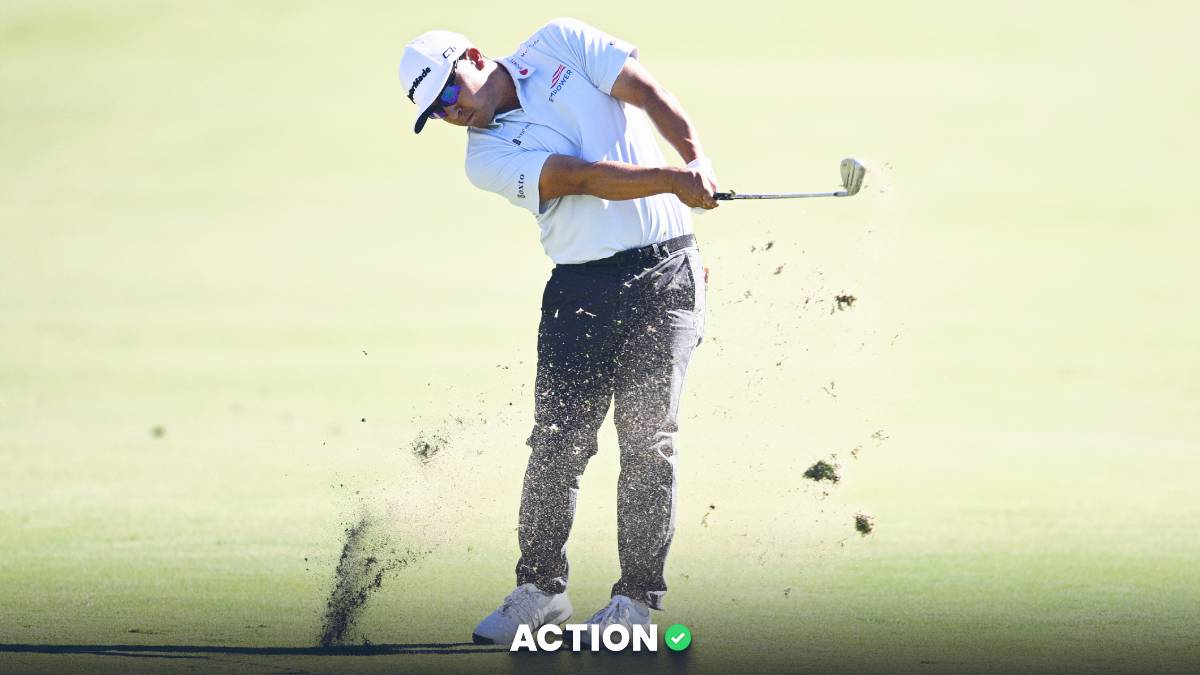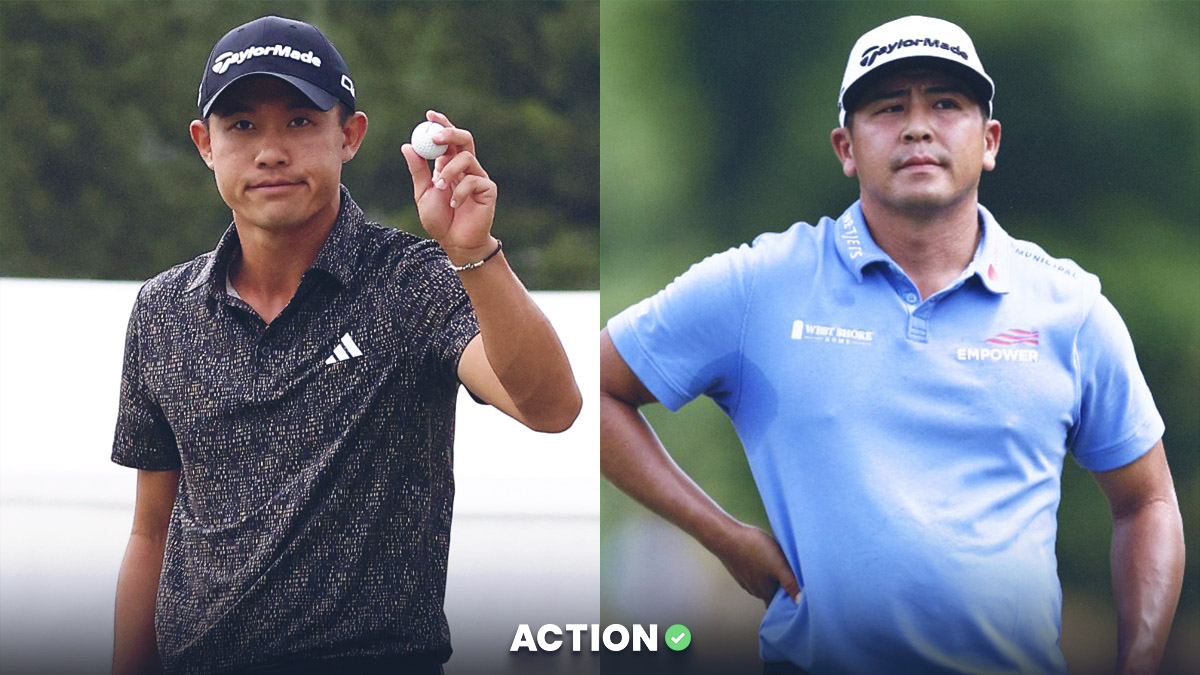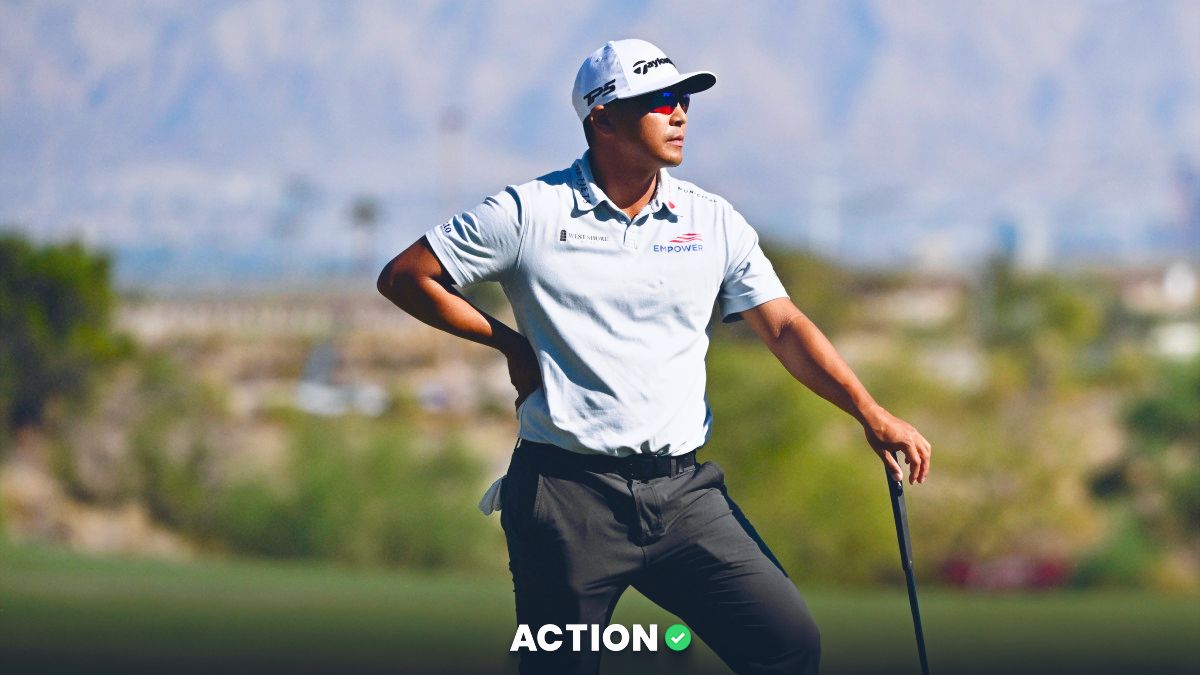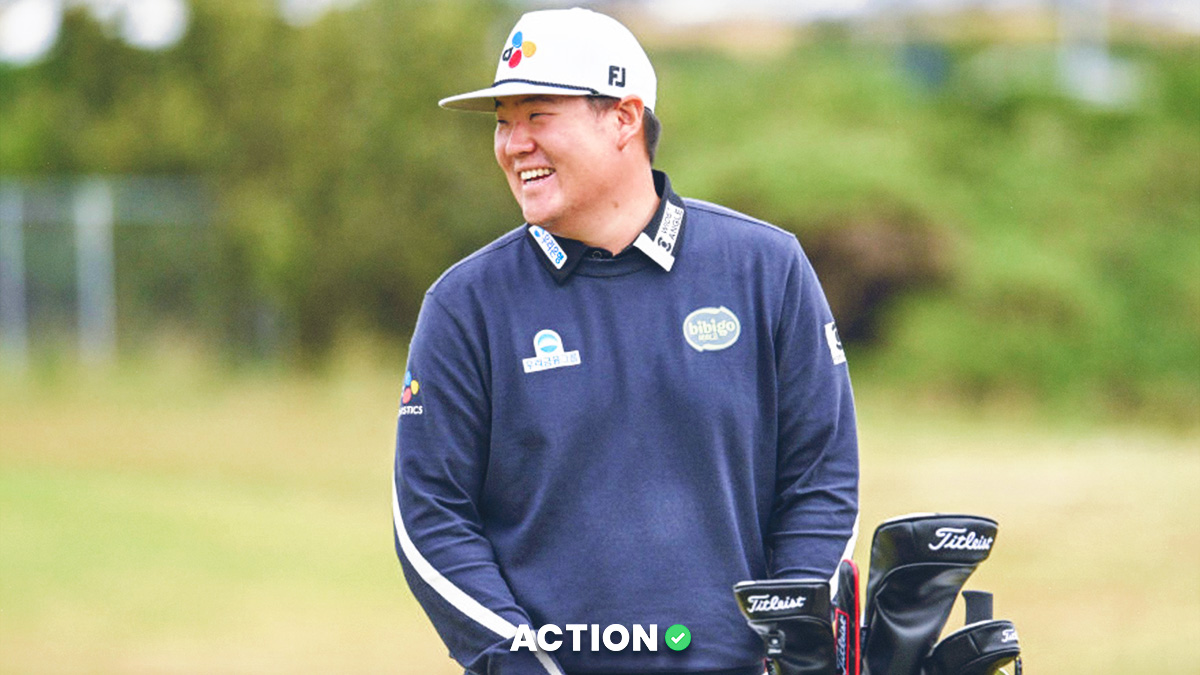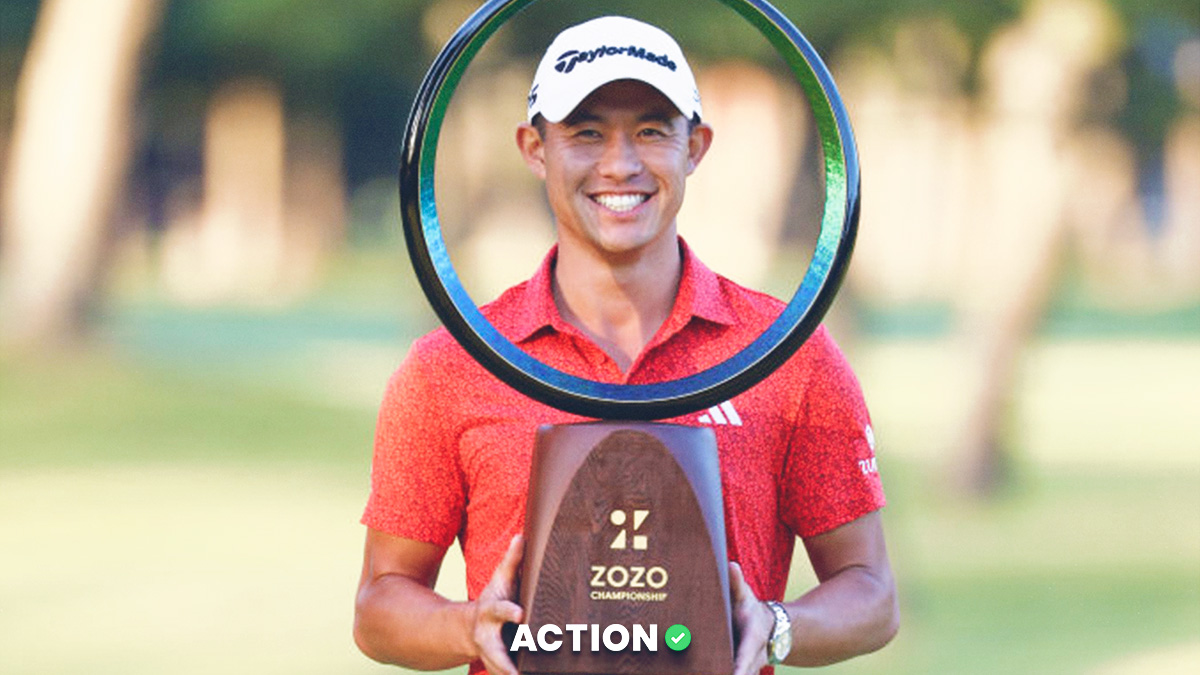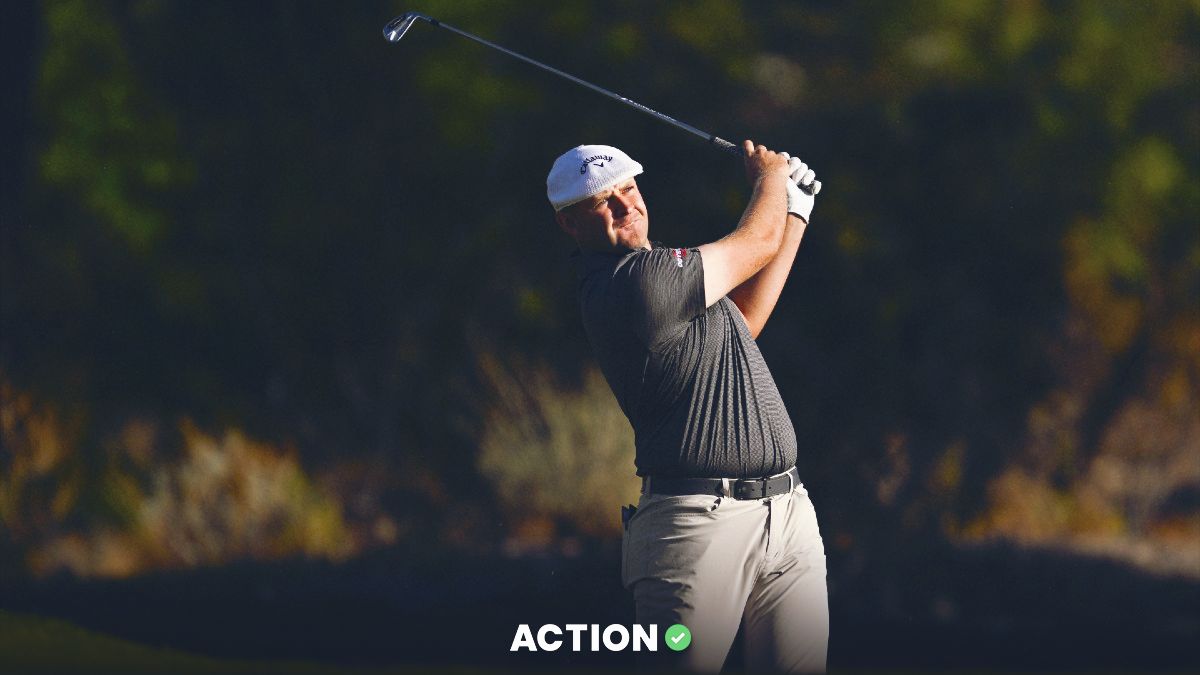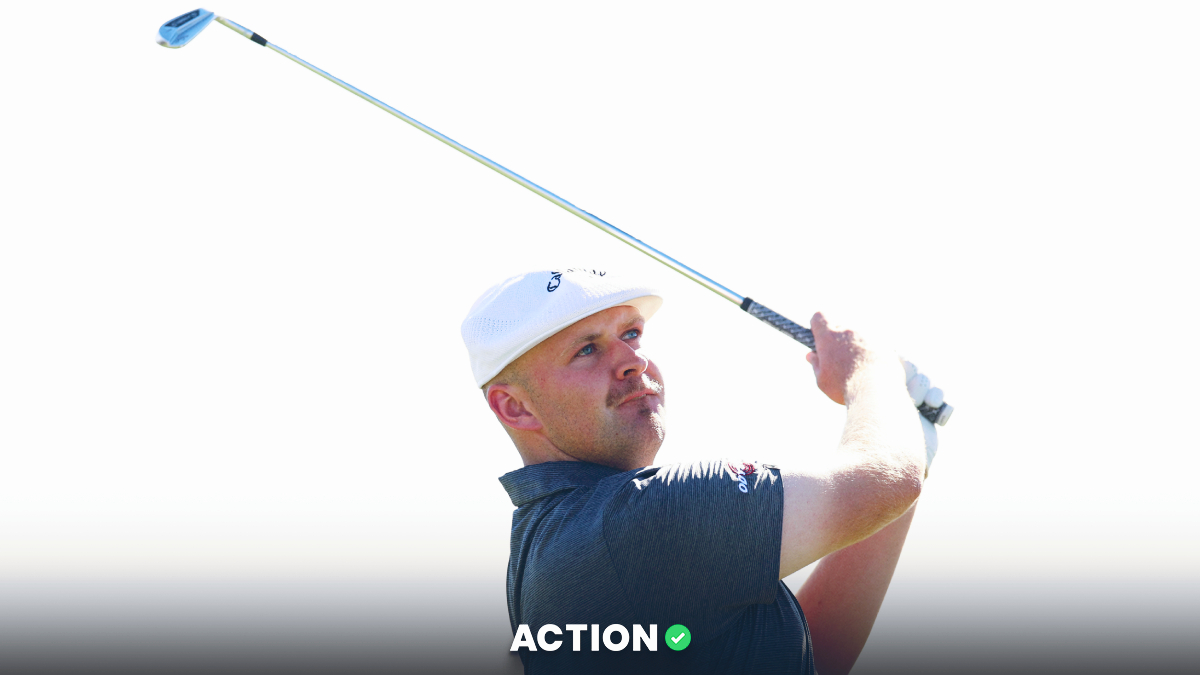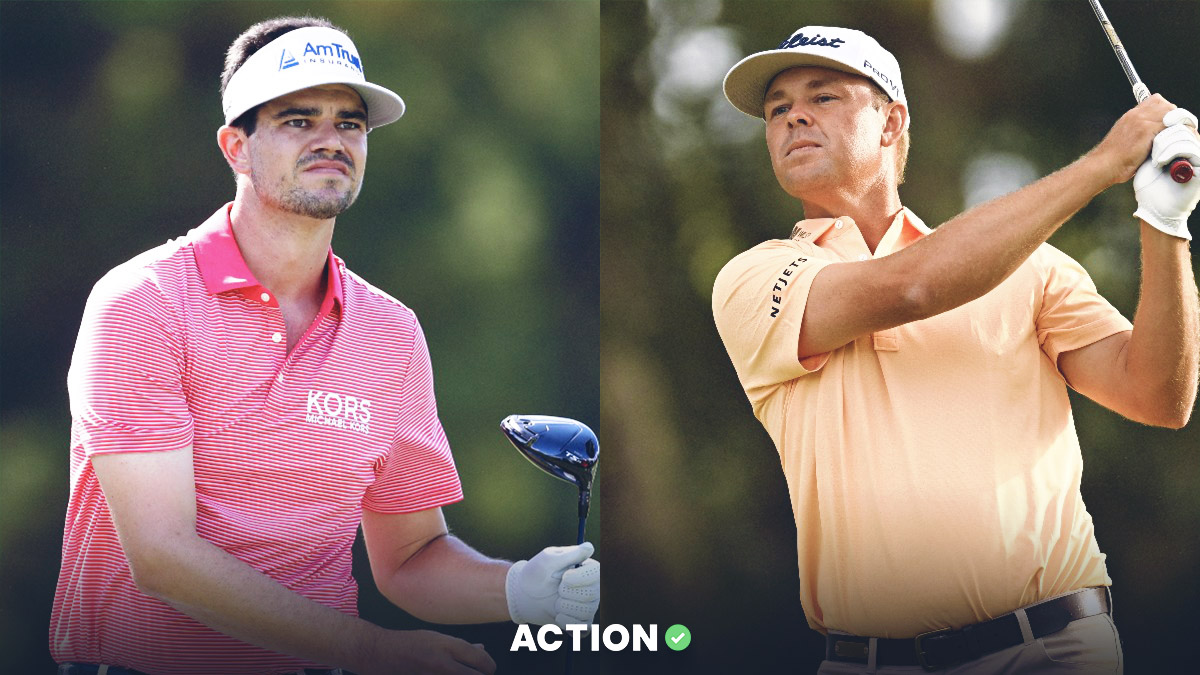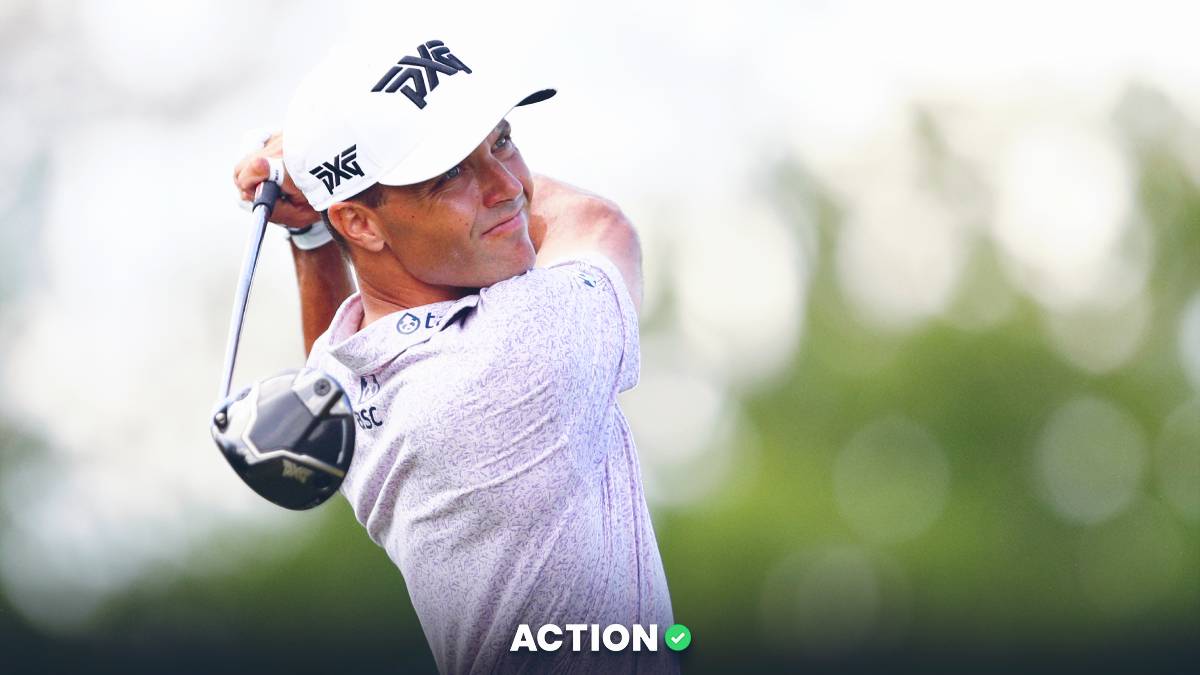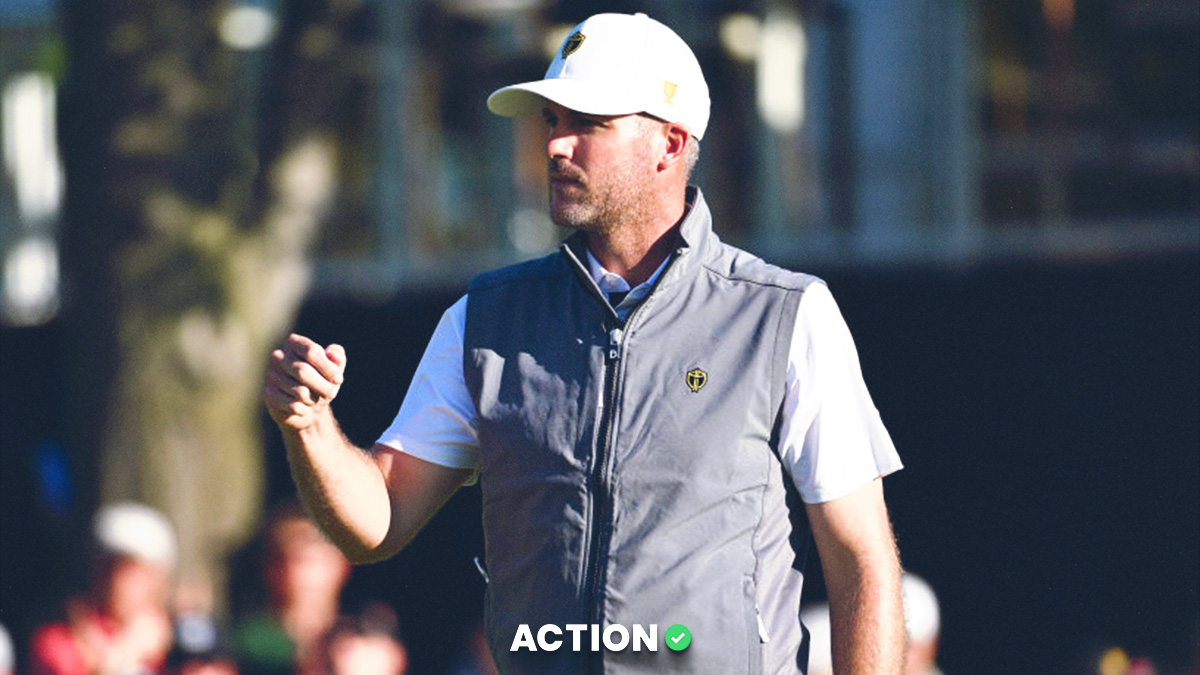SAINT-QUENTIN-EN-YVELINES, France — If the PGA of America is looking for a captain for the 2020 United States Ryder Cup team, the powers that be might want to check social media.
Everyone is an expert on there, apparently.
It didn’t take long for the Americans to trail in all four Friday afternoon foursome matches, and it took even less time for the second-guessers to raise their voices.
Look, I’m all for second-guessing. I’ve made a living out of second-guessing.
But second-guessing also requires some common sense. Sometimes a decision doesn’t work out, but that doesn’t necessarily mean it wasn’t justified.
In that respect, it’s a lot like putting: You can hit good putts that don’t go into the hole and bad putts that somehow drop. Sure, you’d rather have the right result over the better process, but that doesn’t mean the bad putt was a better play than the good one.
By the same token, many of U.S. captain Jim Furyk’s decisions — especially those in the afternoon, when his team lost all four matches — were decent in theory, even if they produced a poor result.
Let’s get right to the easiest hot take of the day: Phil Mickelson never should have played in the alternate-shot format.
Sure, this looks like a terrible call in retrospect, as Lefty got drummed in his match alongside Bryson DeChambeau.
Whether Furyk will admit it or not, though, here’s my guess as to what he was thinking: He wanted to step on the Europeans’ throats in the morning fourball matches, employing his four strongest teams. And it worked; his squad took a 3-1 advantage after that session.
I also believe that Furyk, much like his counterpart, Thomas Bjorn, didn’t want any players to sit for a full day, especially the first day. That’s a strategy that has backfired for captains in the past. And so, by process of elimination, that’s how Mickelson winds up playing in the foursomes format.
Here’s another one that the social media critics were screaming about: Brooks Koepka should’ve been playing in the afternoon session.
That’s a fair take, except that it neglects the timing of the situation. When the foursomes pairings were submitted, Koepka was still playing the final hole of his match with partner Tony Finau.
And they really hadn’t played well, hanging around in the match despite spraying the ball all over the yard. I mean, Koepka beaned a poor woman on the fifth hole.
By the time he and Finau pounded drives down the narrow 18th fairway and clinched a full point, the pairings had already been submitted.
See what I mean about second-guessing requiring some common sense?
It’s also funny that all of the second-guessing comes at the expense of maneuvers that didn’t pan out.
Nobody ever second-guesses the right calls.
I’ll admit it: I hated having Finau, a rookie who looked nervous in his Thursday press conference, let alone at the first tee, hitting the first shot in the first match of the week.
He didn’t play great, but he got a win with Koepka — and so, all was instantly forgiven.
I also wasn’t sold on taking Jordan Spieth away from his previous partner, Patrick Reed, but he proved in the morning that he might be just as proficient alongside Justin Thomas.
Don’t get me wrong. I’m not trying to absolve Furyk of any blame or responsibility.
His team played terribly in the afternoon. He’ll own that foursomes sweep and wonder what he could have done better.
I also understand his decisions. They didn’t work out, but they were justified, each for their own reason.
The greatest coaches in sports all make poor moves sometimes that result in poor performances by their players. And yes, they’re all ripe for criticism.
Any heap of second-guessing, though, should also come served with a healthy dose of common sense.


